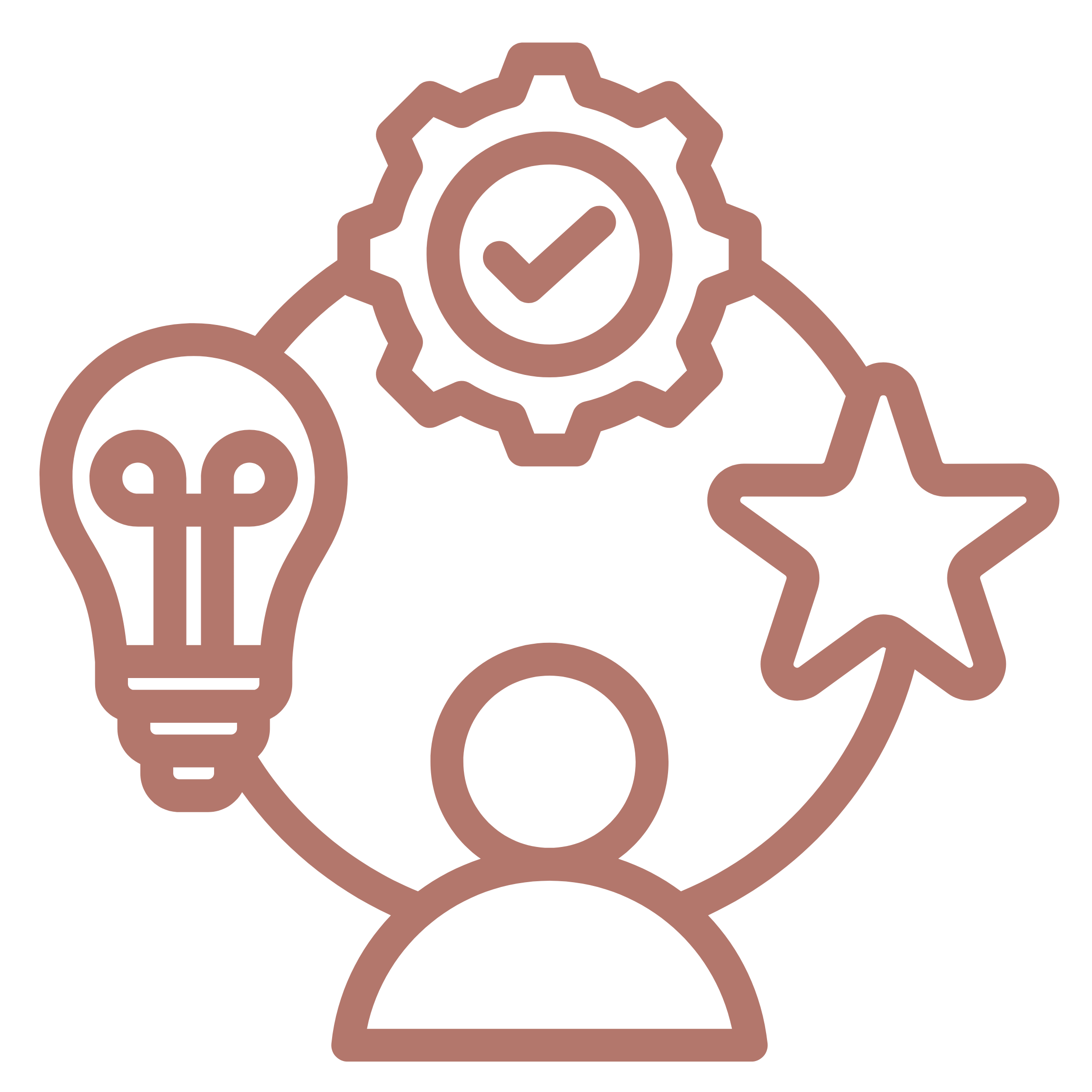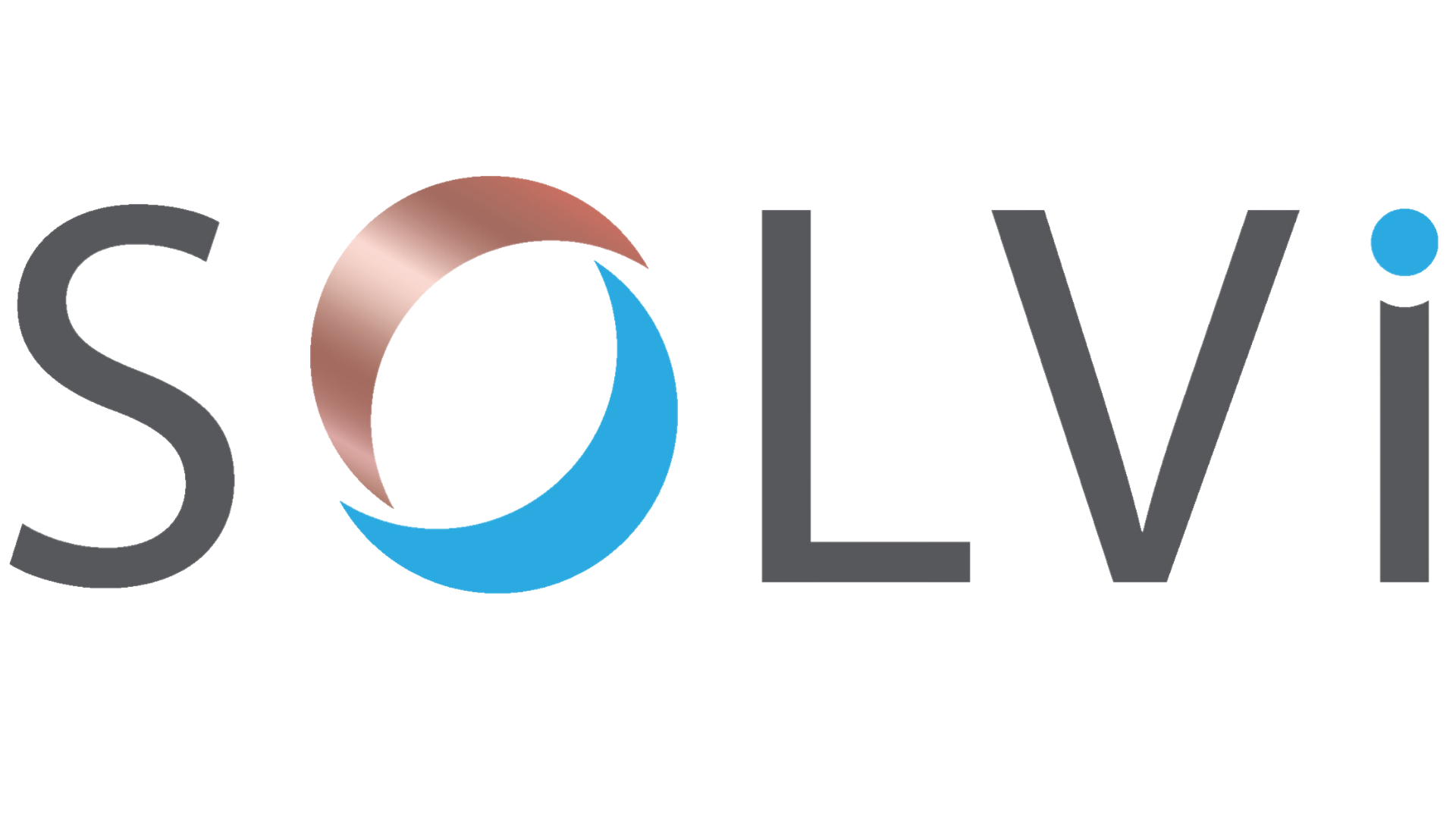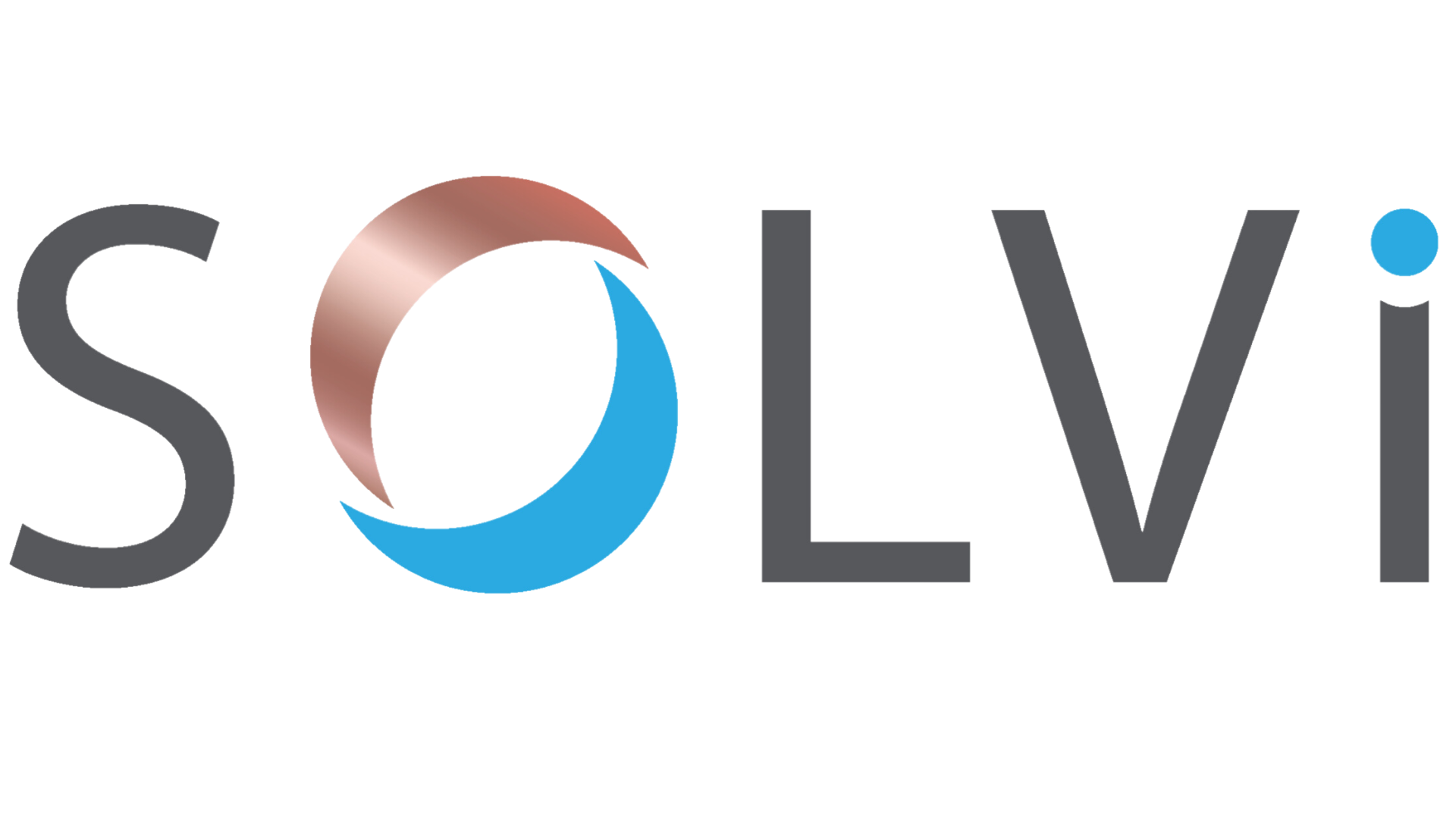Australia is a great place to live and work. Our passion is to help Registered Nurses living overseas to work and experience the great Aussie lifestyle. However, navigating the complexities of migrating to Australia can be daunting.
SOLVi Migration has been assisting nurses to gain registration and successfully migrate independently. Our dedicated team of legal experts specialises in guiding overseas registered nurses through the intricate visa and registration processes, ensuring a smooth transition to working in Australia.
We are committed to providing personalised support every step of the way, from initial eligibility assessments and visa applications to professional registration and employment advice. Trust us to help you achieve your dream of a rewarding nursing career in Australia.

VISA’S WE CAN HELP WITH

Employer Sponsored

Skilled Independent
MAKING AUSTRALIAN MIGRATION EASY

Why leaving your partner off your visa could cost you thousands 💸
When planning to migrate to Australia, we know how tempting it can be to look for ways to reduce costs. One of the most common misconceptions we hear from nurses, midwives, and skilled migrants is the belief that they can “save money” by applying for their own Australian permanent residency visa first, and then sponsoring their partner or children to join them later.
Unfortunately, this is one of the most costly and time-consuming mistakes you can make—and it can add thousands of dollars, unnecessary stress, and significant delays to your family’s migration journey.
In this blog, we’ll explain exactly why it is almost always better to include your partner and children in your initial permanent residency visa application—and why trying to “save money” by excluding them will likely cost you far more in the long run.
What’s the real cost difference?
Many applicants mistakenly believe they will save money by not including their partner and children in their visa application upfront. It’s true that there is an additional cost per family member at the time you apply. But let’s break that down clearly:
🔹 Partner or Dependent Child over 18: $2,385 AUD
🔹 Child under 18: $1,190 AUD
On the surface, that can seem like a large expense. But what many people don’t realise is that if you exclude them now, you can't simply "add them later" once you become a permanent resident. Migration law in Australia doesn’t work that way.
You can’t add family to a permanent residency visa later
Under Australia’s immigration rules, when you apply for a permanent residency visa, you are required to include all dependent family members—even if they are not planning to travel to Australia immediately.
Many of our clients wrongly believe that they can bring their family to Australia at a later date, without any further visa application process. But once you are granted permanent residency, you cannot simply "add" family members to your visa.
If you leave your partner or children off your original permanent residency visa application, the only option to bring them to Australia later will be to apply for entirely new family visas. And this is where the real cost—and risk—starts to pile up.
The partner visa process is far more expensive and complex
If you decide to bring your partner to Australia after you’ve already secured your permanent residency, they will need to apply for a Partner Visa (Subclass 309/100 or Subclass 820/801).
The current visa application fee for a partner visa is:
🔹 $9,095 AUD for the partner alone
🔹 $4,550 AUD for each dependent child over 18
🔹 $2,280 per child under 18
That's around triple the amount you would have paid to include their family at the start.
⚠️ And here’s the kicker:
Australian visa fees are reviewed and typically increase every financial year.
So by delaying your family’s migration, you’re almost guaranteed to pay even more down the track.
But the financial cost is only part of the story.
Long processing times and uncertainty
Partner visas are one of the most heavily scrutinised visa categories in Australia. The Department of Home Affairs carefully investigates each application to confirm that your relationship is genuine and ongoing.
Right now, the average processing times for a partner visa currently 6 to 36 months. That’s a potentially long period for your family may be separated, waiting to join you in Australia.
For many of our clients, this long period of separation from their spouse and children can be emotionally and financially exhausting—not to mention disruptive to family life.
You may not save on costs—and you may risk refusal
Some clients also mistakenly believe that by delaying their family’s migration, they can somehow “stage” the process and spread out the costs. But here’s why that’s a risky strategy:
✅ Visa fees can increase annually—by the time you apply for a partner visa, the fees will almost certainly be higher.
✅ You will need to provide substantially more evidence and documentation for a partner visa than you would if you had included them initially.
✅ If your circumstances change, such as separation, illness, or change of employment, this can jeopardise the success of your partner visa application.
✅ You will also be required to meet the sponsorship obligations again—including income requirements and character checks.
What started out as an attempt to “save money” by not including your family can quickly become an expensive, stressful, and uncertain process.
Your family does not need to enter Australia immediately
Another common myth is that if you include your partner and children in your visa application, you all need to move to Australia together at the same time.
Once your permanent residency visa is granted, your family members can choose when they want to travel to Australia—they are not required to move immediately. In fact, many families choose to have one partner arrive first to settle in and secure employment and housing, while the rest of the family joins them later.
Including your family in your original application ensures they have the right to migrate whenever it suits your circumstances, without the hassle and cost of another complex visa process.
Why it’s smarter to include your family from the start
At SOLVi Migration, we work exclusively with nurses, midwives, and healthcare professionals to help them successfully migrate to Australia. We’ve seen time and time again how clients who try to exclude their families to “save money” actually end up:
❌ Spending thousands more
❌ Facing long delays and family separation
❌ Experiencing increased stress, paperwork, and uncertainty
For most of our clients, the smartest and safest option may be to include your family in your permanent residency application from the very beginning. It may feel like a bigger cost upfront, but it will almost certainly save you significant money, time, and stress in the long run.
Final thoughts
Australia’s migration process is complex—and it’s easy to get misled by friends, recruitment agents, or online forums promising “quick and cheap” ways to migrate.
You family's future is too important to leave to chance. Making the wrong decision now could cost you thousands of dollars and years of unnecessary delay.
At SOLVi Migration, we can guide you through the entire migration process the right way—ensuring you understand the law, the costs, and the smartest strategy for your family.
💡 Ready to get started?
If you want expert legal advice on how to migrate to Australia the right way— and bring your loved ones with you from the start —book a consultation with our team today

✅ Need help with AHPRA registration? Join our Nurse Registration Course.
Get cost-effective, expert guidance and access to a supportive community so you can secure your AHPRA registration and move forward with your migration plans.
FAQS
What qualifications do I need as a nurse to migrate to Australia?
Generally, you will need a nursing qualification that is recognised in Australia, such as a bachelor’s degree in nursing or an equivalent qualification. You will also need to meet registration requirements with the Australian Health Practitioner Regulation Agency (AHPRA).
What is the process for registering as a nurse in Australia?
To practice as a nurse in Australia, you must be registered with AHPRA. The process involves submitting an application, providing proof of your qualifications and professional experience, and meeting English language requirements. Our team can assist you with this process - Read More.
Will I need a skills assessment?
Yes, most visa applications for nurses require a skills assessment conducted by the Australian Nursing and Midwifery Accreditation Council (ANMAC). This assessment ensures your qualifications and experience meet Australian standards. We can assist you with preparing and submitting your skills assessment application. Read more ...
What are the English requirements?
Depending on the pathway you gain registration and what visa pathway you take, the English requirements can vary from Competent to Proficient levels of English. Read More ...
What if me or my family has a health condition?
If you or a family member has a health condition, it is important to have the possible impact on your migration assessed by a professional before you submit any visa application. The Department of Home Affairs will require health assessments to ensure the condition does not pose a significant cost or burden to the Australian healthcare system. We can help you understand the implications and prepare the necessary documentation. Read more ...
What if me or my family have a character issue?
Character issues, such as past criminal records, must be disclosed in your visa application. The Department of Home Affairs assesses character issues on a case-by-case basis. We can provide advice on how to address these issues and the potential impact on your application.
Are visa fees refundable?
Visa fees are generally non-refundable, even if your application is refused or withdrawn. It is crucial to ensure your application is complete and meets all requirements to avoid losing your fee. Our team can help you prepare a strong application to minimise the risk of refusal.
What if I've been refused a visa in the past?
If you have been refused a visa in the past, it is essential to understand the reasons for the refusal and address them in any new application. We can review your previous refusal and advise on the best course of action to improve your chances of success.
Can I bring my family with me?
Yes, many visa types allow you to include eligible family members, such as your spouse or partner and dependent children, in your application. We can advise on the requirements and process for including your family in your migration plans.
Can't you find my a sponsor to pay for everything?
While some employers may offer sponsorship, which can cover visa and relocation costs, it is important to understand the conditions tied to employer-sponsored visas. Also worth noting, a sponsor is not legally required to pay your application fees. These conditions can include staying with the employer for a certain period. We can help you explore your options and find the best pathway for your situation. Read more ...
How long will the process take?
The processing time for visa applications can vary depending on the type of visa and individual circumstances. Generally, it can take from a few months to over a year. Our team will provide an estimated timeline based on your specific situation and keep you updated throughout the process.
What are the costs of migrating?
Costs can include visa application fees, skills assessment fees, and potentially relocation expenses. The exact costs will depend on the visa pathway you choose and any additional services you require. We will provide you with a transparent breakdown of costs during your consultation. Read more...
DOWNLOAD OUR FREE GUIDE ON EVERYTHING YOU NEED TO KNOW TO WORK IN AUSTRALIA
Contact Us
All RIGHTS RESERVED LIABILITY LIMITED BY A SCHEME APPROVED UNDER PROFESSIONAL STANDARDS LEGISLATION. LEGAL PRACTITIONERS EMPLOYED BY SOLVI PTY LTD (ABN 16 658 861 182) ARE MEMBERS OF THE SCHEME.
The information published on this webpage should not be taken as legal advice rather it should be considered for information purposes only.
COPYRIGHT © 2024 SOLVI PTY LTD
Contact Us
All RIGHTS RESERVED LIABILITY LIMITED BY A SCHEME APPROVED UNDER PROFESSIONAL STANDARDS LEGISLATION. LEGAL PRACTITIONERS EMPLOYED BY SOLVI PTY LTD (ABN 16 658 861 182) ARE MEMBERS OF THE SCHEME.
The information published on this webpage should not be taken as legal advice rather it should be considered for information purposes only.
COPYRIGHT © 2024 SOLVI PTY LTD








